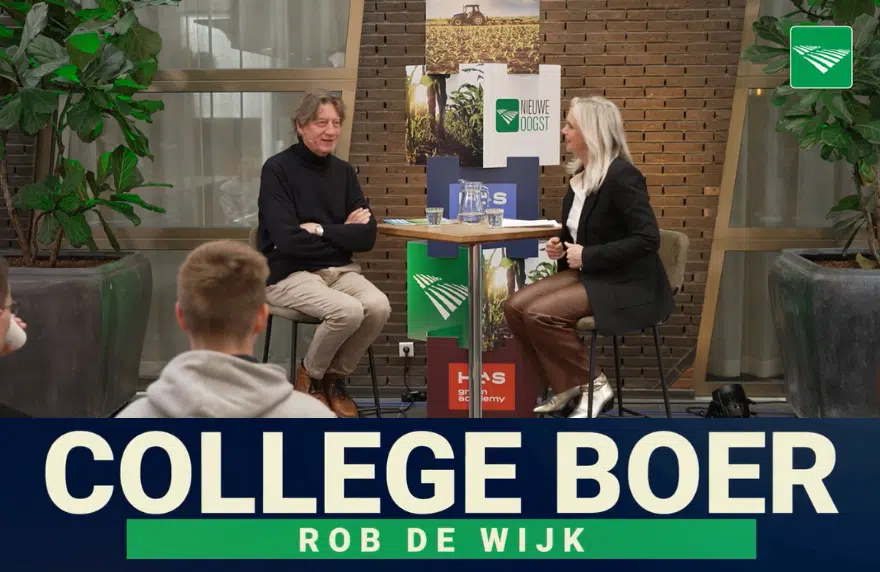Een van de leukste momenten van College Boer was toen ik vroeg wie er had gehoord over de tekorten aan halfgeleiders of chips. De reden van mijn vraag is dat grondstoffen, energie en halfgeleiders steeds meer instrumenten van geopolitieke strijd worden en dat dit ook de Nederlandse agrarische sector kan raken. Na enig aarzelen stond een van de studenten op en zei: ‘halsbanden, we konden geen halsbanden krijgen’. Het was een perfecte illustratie van het probleem.
De afgelopen jaren is een tekort aan halfgeleiders ontstaan omdat door de coronacrisis de productie werd afgeschaald. Toen na de crisis de vraag explodeerde ontstonden tekorten. Die lijken te zijn weggewerkt, maar toch zien we dat de toekomstige beschikbaarheid van halfgeleiders allerminst zeker is. Ik hoef u niet uit te leggen dat zonder die halfgeleiders de precisielandbouw, de vergroening van de hele agrarische sector en alle andere denkbare hightech oplossingen stagneren.
Het probleem is dat 60 procent van onze ‘gewone’ en 90 procent van de geavanceerde halfgeleiders uit Taiwan komt. Daarom zijn de huidige strubbelingen tussen China en de Verenigde Staten zo belangrijk. China wordt boos over een bezoek van de Taiwanese president aan Amerika en over bezoeken van Amerikaanse politici aan het eiland dat China als zijn bezit beschouwd.
Loopt het echt uit de hand, en komt er oorlog, dan is de kans vrij groot dat TSMC, de belangrijkste halfgeleiderproducent van de wereld, stil komt te liggen. En dan hebben we het nog niet eens over de exportverboden voor essentiële grondstoffen als palladium, kobalt of zeldzame aardmetalen die door Rusland of China kunnen worden opgelegd, waardoor de productie van halfgeleiders ook in het westen hard wordt geraakt.
Als dit gebeurt zijn de gevolgen voor onze economie veel ernstiger dan die van de Oekraïneoorlog. De verstoring van de mondiale bevoorradingsketens waardoor energie, kunstmest en voedsel duurder werden en hele landen kunnen ontwrichten, zijn ernstig, maar vallen in het niet bij de gevolgen van een conflict om Taiwan waarbij TSMC wordt getroffen.
Wat te doen? Halsbanden opslaan? Moeten bedrijven halfgeleiders hamsteren? Gaan overheden eisen dat strategische voorraden van kritieke materialen worden opgeslagen? Op beperkte schaal gebeurt dat al.
Gelukkig is nu ook de G7, de club van de rijkste industrielanden wakker geworden. Die hebben recent het initiatief genomen om minder afhankelijk van China te worden. Dan zullen we echter wel vaart moeten maken met onze eigen halfgeleiderindustrie. Als dat lukt dan blijven die halsbanden ook in de toekomst leverbaar.
Rob de Wijk, Nieuwe Oogst, 26 april 2023
Lees hier alle columns van Rob de Wijk voor Nieuwe Oogst.





